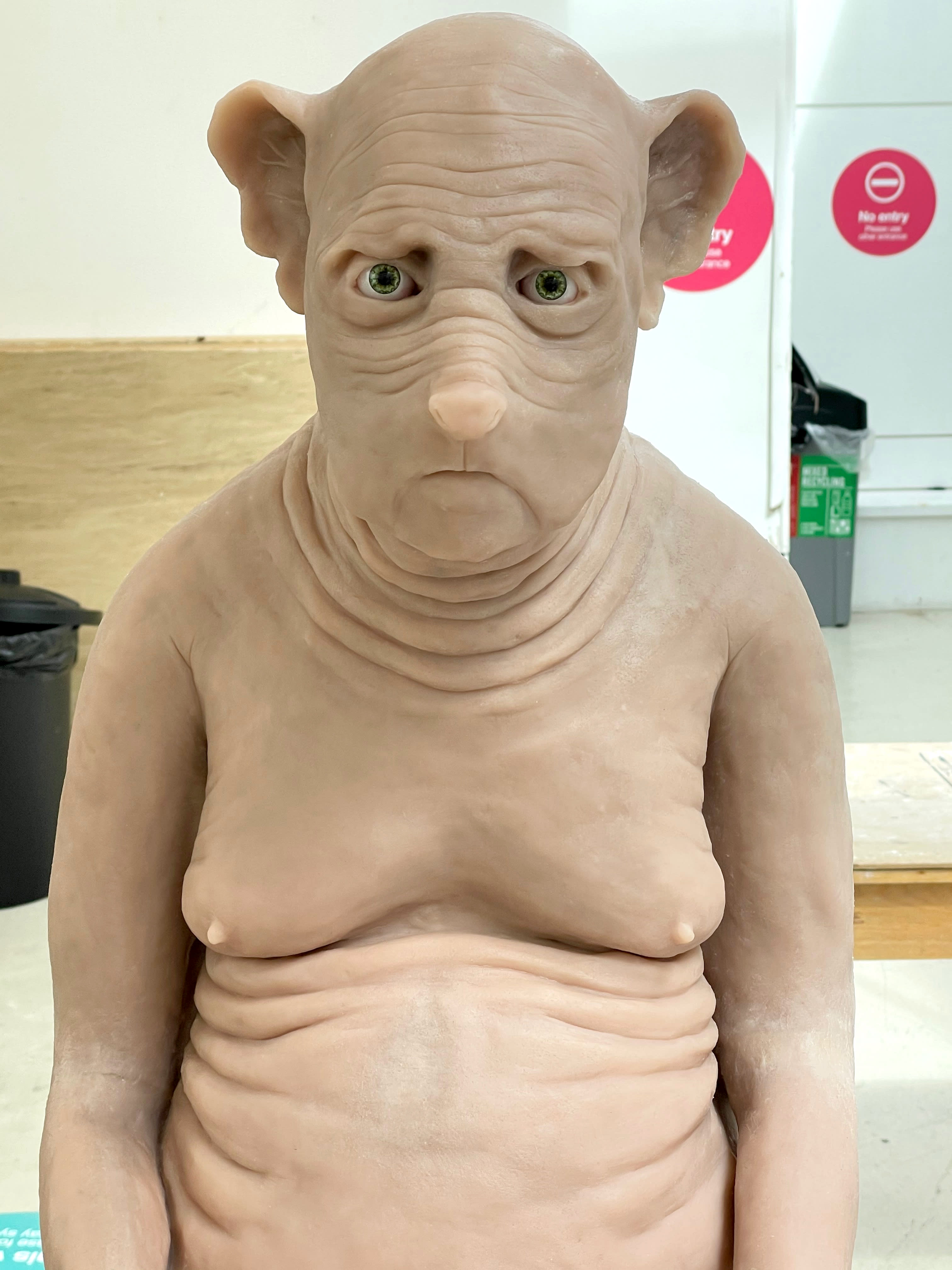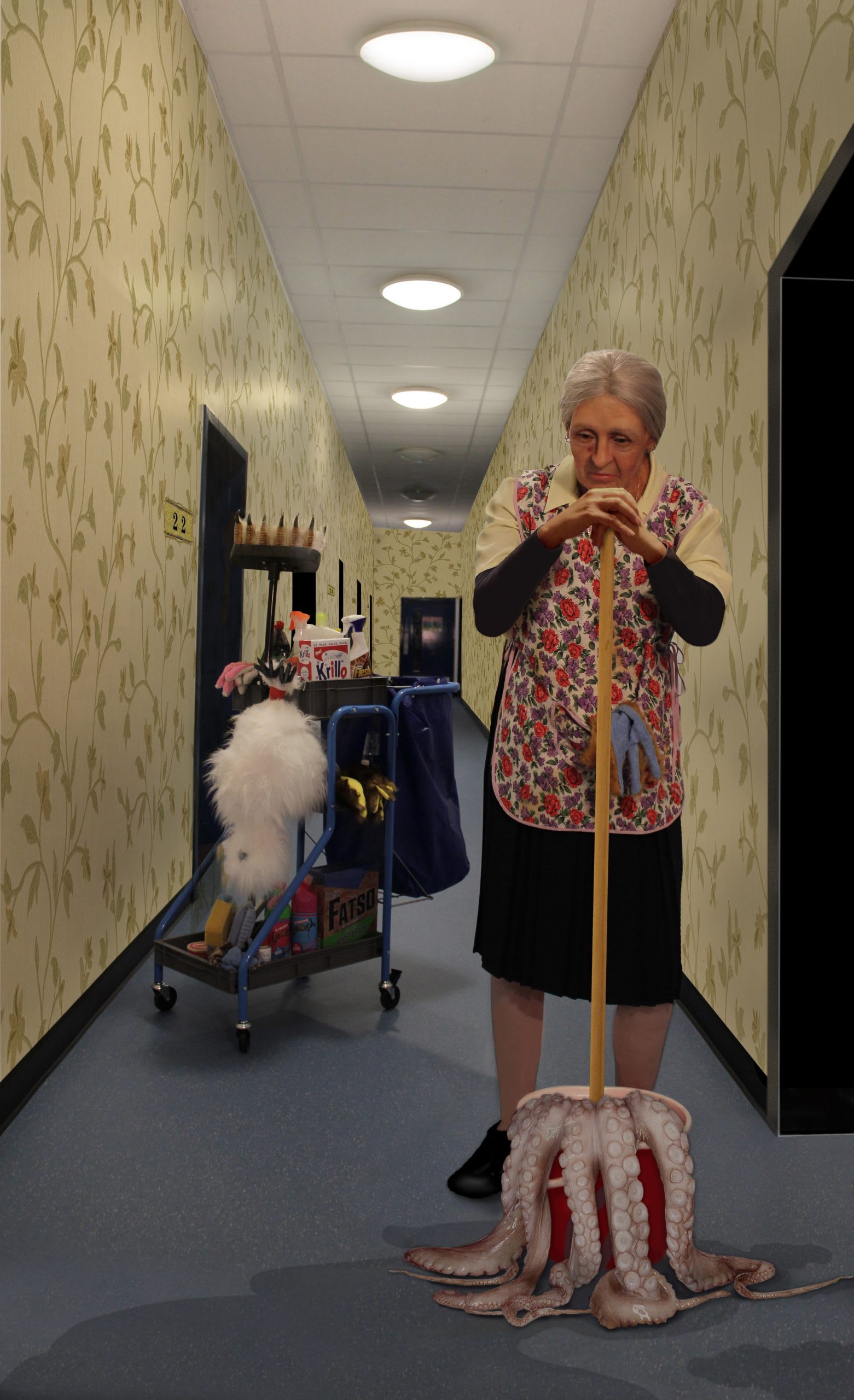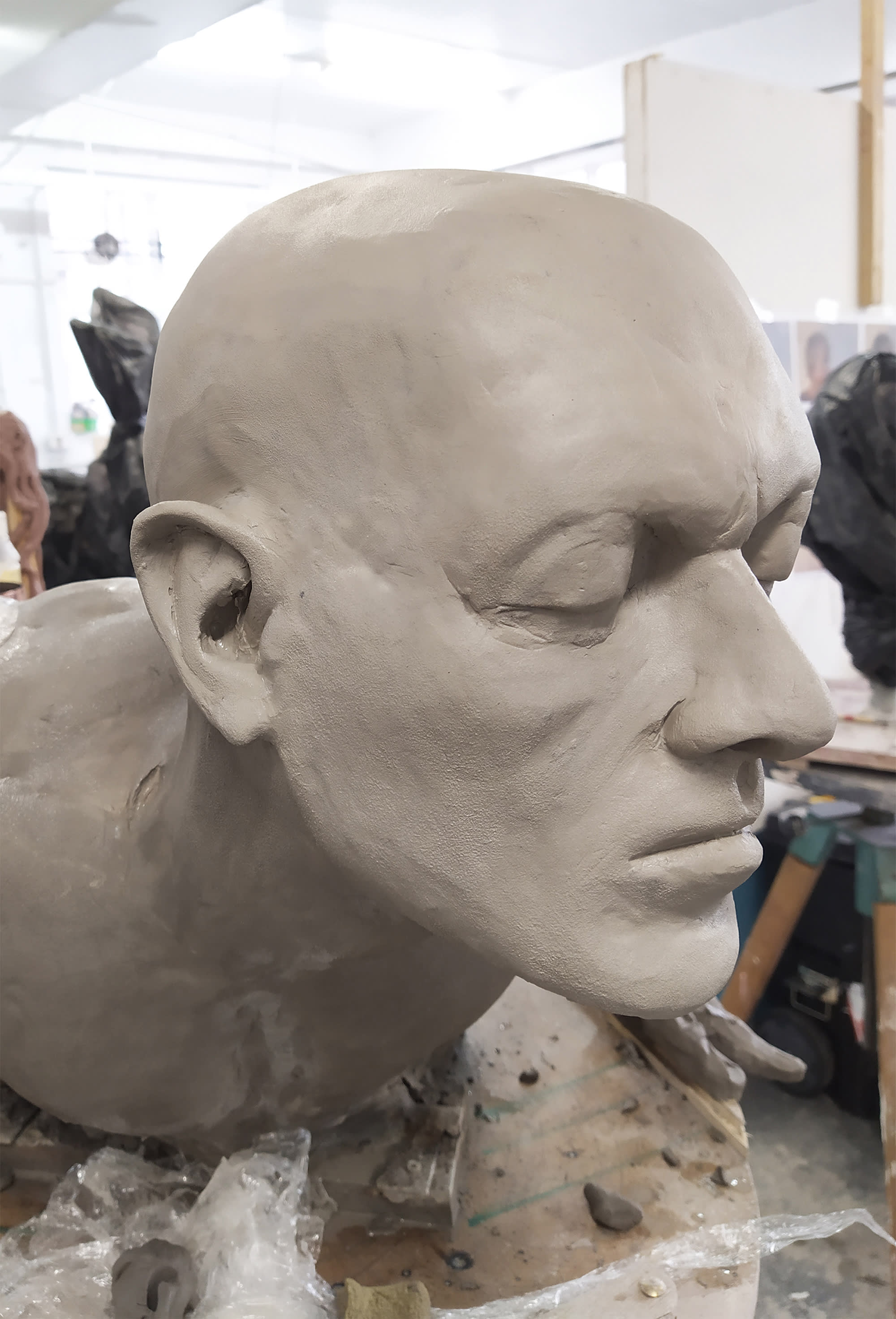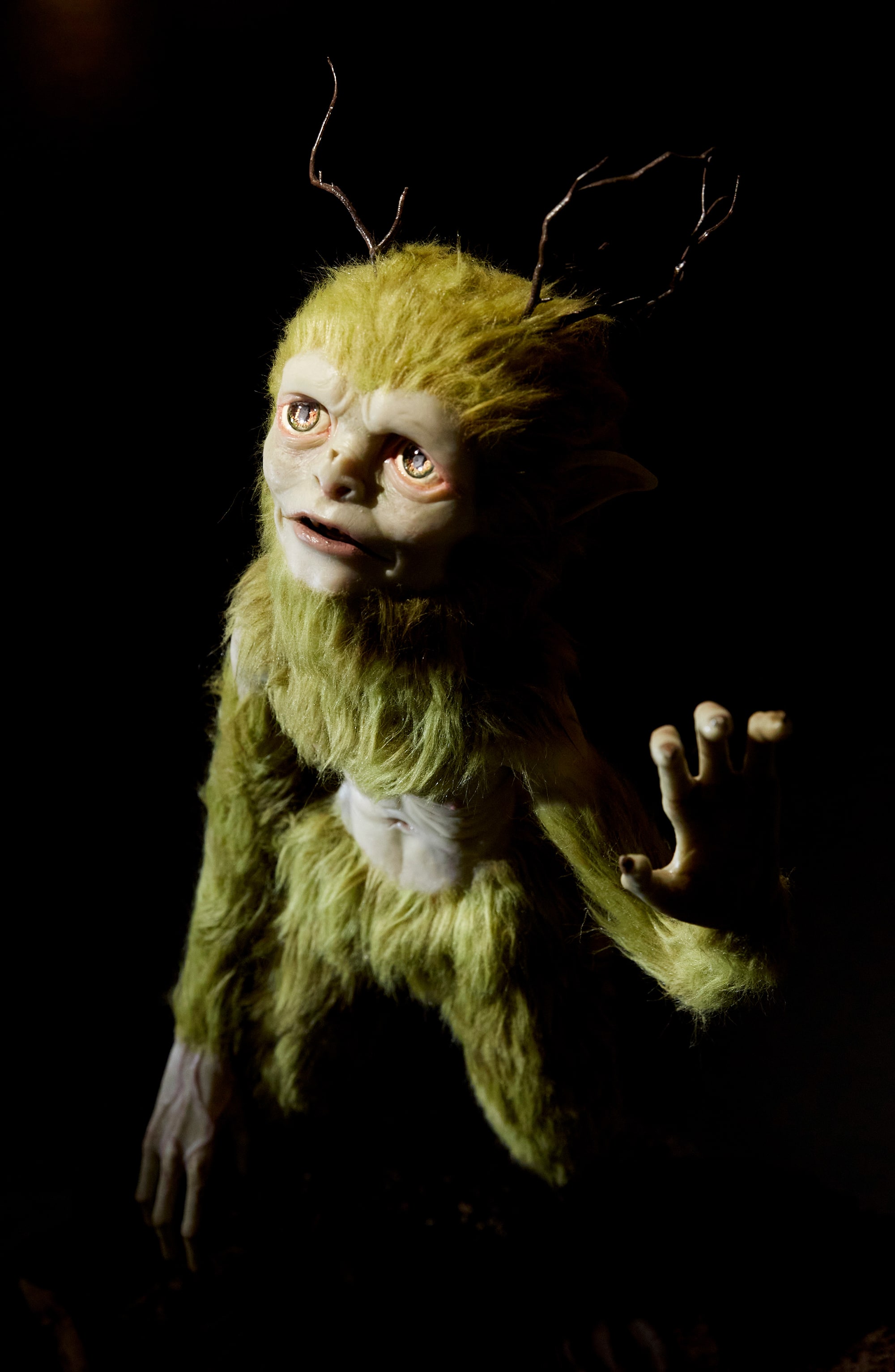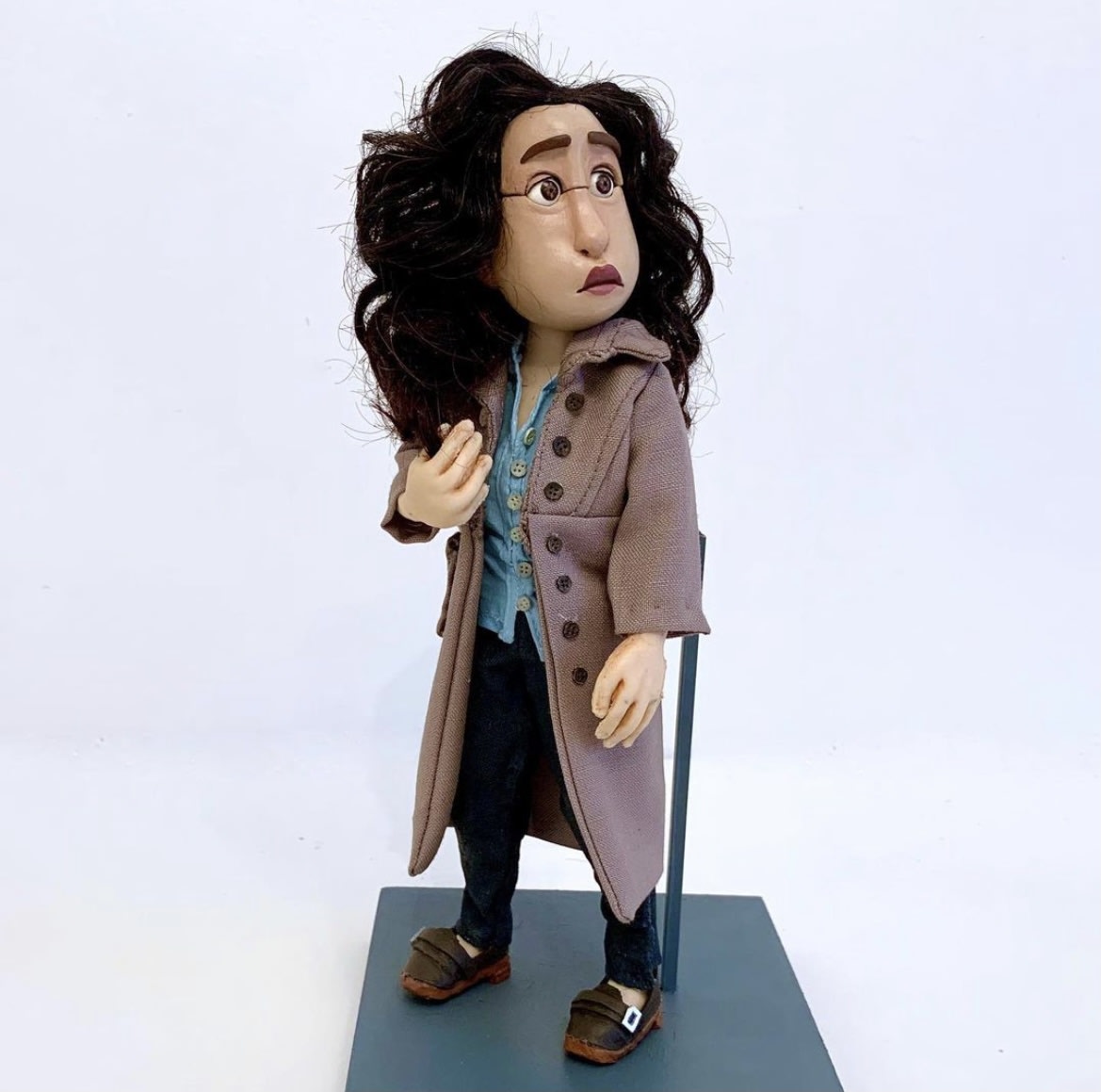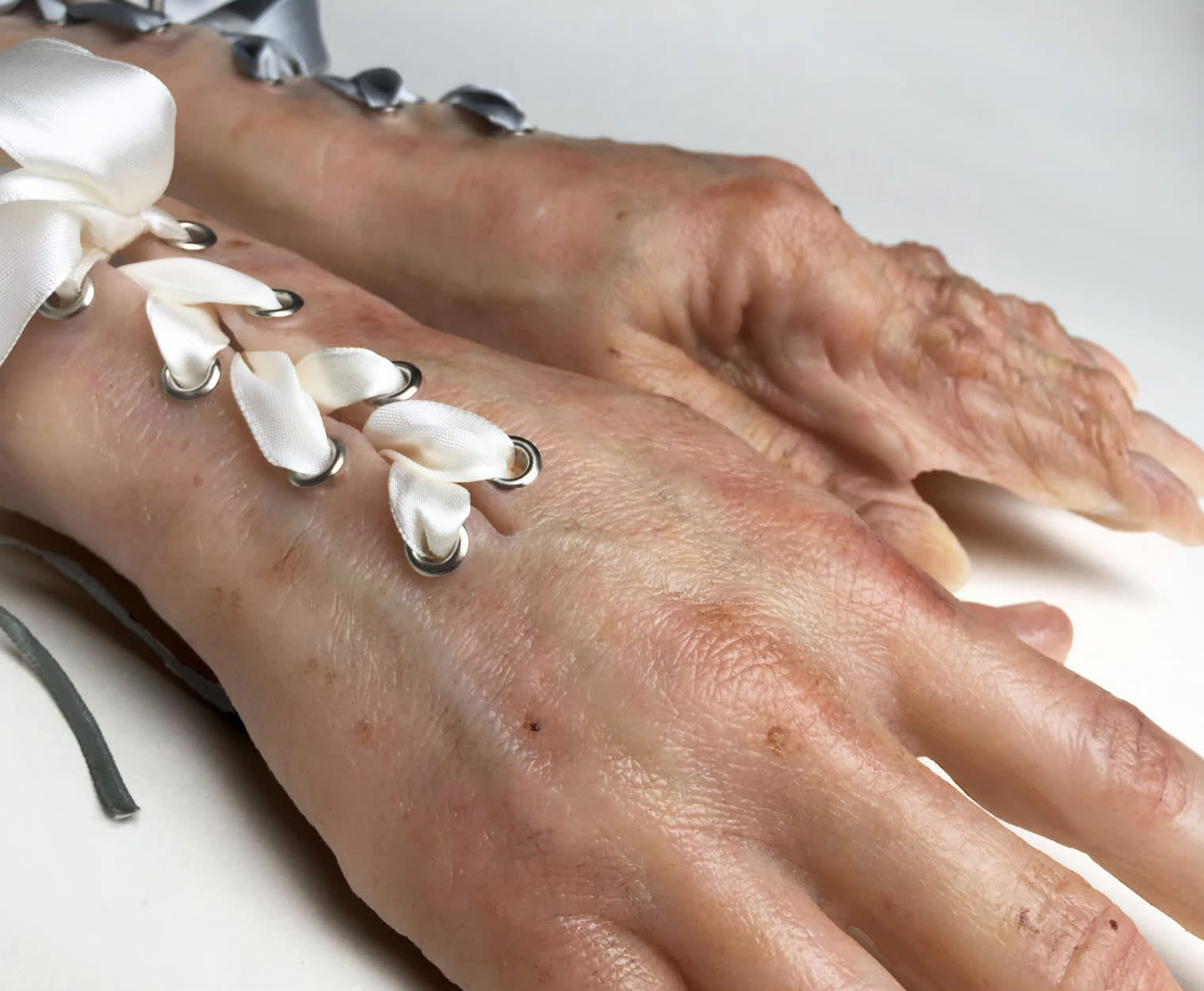Course units
Year 1
Unit 1: Introduction to Technical Arts for Theatre and Screen
This unit is an introduction to your course, College and the University. It will set out industry basics within the field of technical arts for theatre and performance. You'll be introduced to key fundamental principles of practice including concept and design, materials, fabrication, applied and interactive arts. You'll learn basic principles in life modelling. You'll also begin to learn how to interpret design and realise ideas to scale and accuracy. You'll start a reflective journal that you will use to document your experiences throughout the course.
Unit 2: Designing and making
This unit will introduce you to animatronic design and fabrication. You'll learn design and realisation processes and how to control movement both electronically and physically. You'll get an introduction to film making and editing, as well as working with a monologue and synchronising voice with an animatronic prototype.
Unit 3: Who are you? Establishing practice
In this unit you'll develop and make a prototype. You'll produce a character figure that is finished to an industry acceptable level, ready for production.
Unit 4: Exploring ideas
This unit will broaden your perspective of technical arts. You'll be introduced to a range of specialist skills and processes such as moulding, casting and digital 3D equivalents. You'll develop designs which will be worked into a cohesive final fabrication. You'll use recycled and reclaimed materials in your fabrication. You'll also research and analyse contemporary and historical viewpoints, making wider connections to your technical arts practice and themes relating to social, racial and environmental justice.
Year 2
Unit 5: Collaborative and collective practices
You'll be introduced to different ways in which collaborative working can help you to focus and enhance your own creative strengths. You'll have the chance to work with fellow students and creative communities.
Unit 6: Practice as laboratory
You'll undertake a project that will continue to train and refine your ability to scale and measure from a life model and produce an exact copy. You'll cover planning, research and technical drawing, and further develop your technical skills in areas such as life modelling, digital capabilities and software.
Unit 7: Where in the world? 1
This unit will allow you to produce a more complex project in the areas of either creature or model design. You'll undertake creative technical research to challenge current conventions of practice develop your visual and communication skills further. You'll build your awareness of major production houses to expand your knowledge of the current industry. Alongside this, you will develop your CV and professional portfolio. You'll be encouraged to undertake a work placement or industry-based research project. You'll also write an essay or an equivalent agreed alternative format responding to a concept or theme you encounter in the unit.
Unit 8: Where in the world? 2
The unit will allow you to situate your practice within an industry context. You'll complete a self-directed project in 1 of the following 4 areas -
- concept and design
- material research
- fabrication
- interactive and applied arts.
Year 3
Unit 9: Professional futures
This unit aims to address the 3Es: employability, enterprise and entrepreneurship. You'll reflect on your learning and skills across the entirety of your study. You'll have an opportunity to showcase your outcomes and intentions. You'll consider your next steps as you enter industry or continue with your education.
Unit 10: Finding your voice – research portfolio
Your final year project involves 3 self-directed elements. The research portfolio is a reflective project that demonstrates your research skills. The creative research project, also known as a dissertation, is a written, filmed or presented piece of work. The personal portfolio highlights your professional experience to help with potential employment.
Unit 11: Show your work – independent practice
This final unit brings together all the ideas and knowledge you’ve developed on the course through a self-determined project. This could relate to film, live production event creation, museum exhibition, digital gaming, VR or other environment creation for screen or live performance.
Optional Diploma between Years 2 and 3
Between Years 2 and 3 of the course, you will also have the opportunity to undertake one of the following additional UAL qualifications:
Diploma in Professional Studies (DPS)
This optional diploma can be taken between years 2 and 3. With support from your tutors, you will undertake an industry placement for a minimum of 100 days/20 weeks. As well as developing industry skills, you will gain an additional qualification upon successful completion.
Diploma in Creative Computing
Between years 2 and 3, you can undertake the year-long Diploma in Creative Computing. This will develop your skills in creative computing alongside your degree. After successfully completing the diploma and your undergraduate course, you will graduate with an enhanced degree: BA (Hons) Technical Arts for Theatre and Screen (with Creative Computing).
Diploma in Apple Development
This optional diploma can be taken between years’ 2 and 3. Over the extra year you will become an Apple developer, undertaking a learning programme which includes content from Apple’s official 'Develop in Swift' curriculum. After successfully completing the diploma and your undergraduate degree, you will graduate with an enhanced degree: BA (Hons) Technical Arts for Theatre and Screen (with Apple Development).


